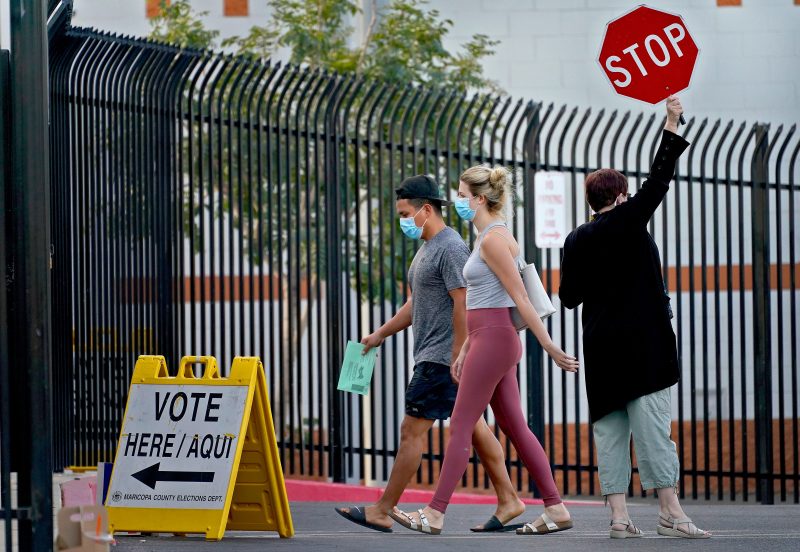Amidst the growing concerns over the integrity of the voting process and safety of polling locations, a number of Arizona schools have made the decision to no longer serve as polling locations during elections. This move comes in the wake of increasing tensions surrounding elections and the potential threats that polling stations face. As a result, the decision to remove schools as polling sites has sparked both support and criticism within the community.
One of the key reasons behind schools opting out as polling locations is the aim to maintain a secure and safe environment for students and staff. With the rise in threats and violence directed towards polling sites in recent years, schools have been faced with the challenging task of balancing their role as polling locations with their primary focus on education and safeguarding the well-being of their students.
Moreover, the logistics involved in hosting a polling station within a school setting can be complex and disruptive to the normal school operations. The presence of large crowds, traffic congestion, and potential disruptions to classes have been cited as reasons for schools to distance themselves from being used as polling locations. By opting out, schools can minimize any potential disruptions and ensure that the learning environment remains undisturbed.
On the other hand, proponents of using schools as polling locations argue that it is a civic duty and an opportunity for students to witness democracy in action. By hosting polling stations within schools, students are able to observe the electoral process firsthand and understand the importance of voting and civic engagement. This experiential learning opportunity can have a lasting impact on students and instill a sense of responsibility towards participating in the democratic process.
Despite the differing perspectives on the matter, it is evident that the decision to remove schools as polling locations reflects the broader challenges faced in ensuring the security and efficiency of the voting process. As the debate continues, it is crucial for stakeholders to engage in constructive dialogue and explore alternative solutions that uphold the principles of democracy while safeguarding the interests of schools and the community at large.



























